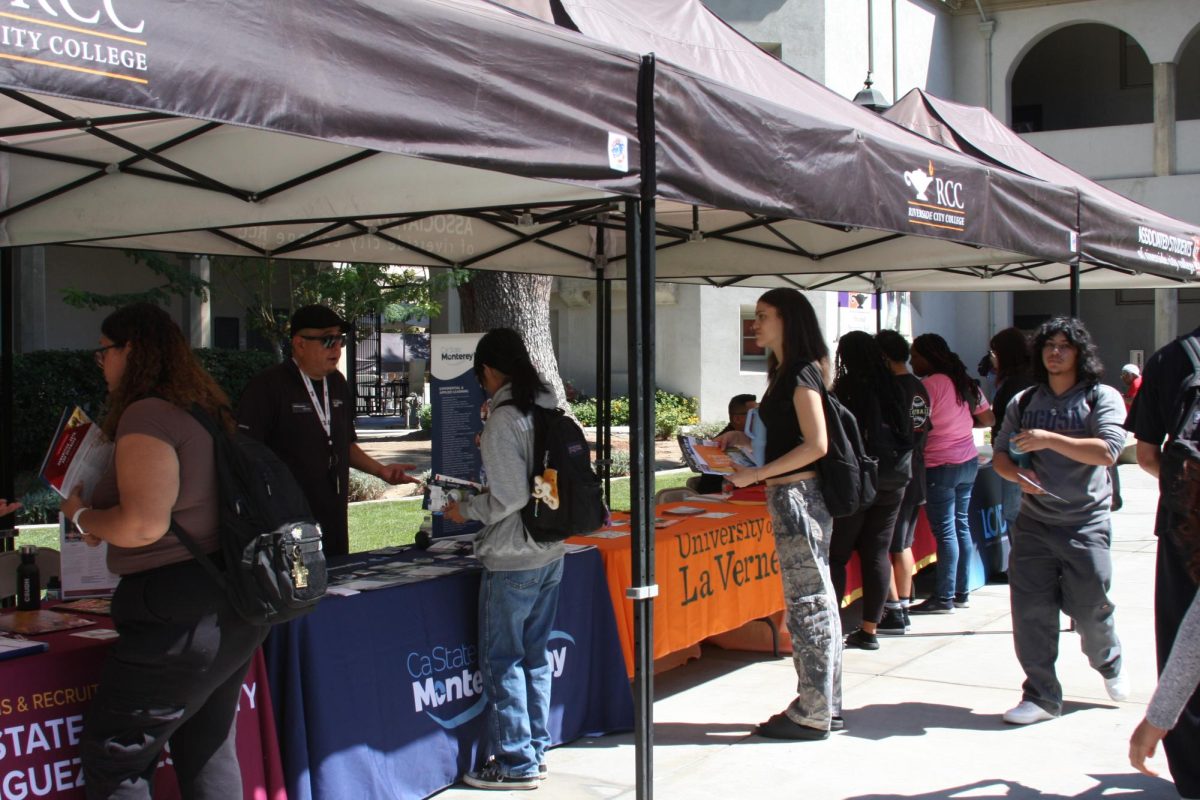By Paul Villalobos

In a bitter war-of-words, the United States Department of Justice formally filed a lawsuit against the state of California over its sanctuary laws March 6.
Attorney General Jeff Sessions criticized California in remarks presented to local law enforcement.
During a visit to Sacramento, Sessions made the promise that the “Department of Justice and President Donald Trump’s administration are going to fight these unjust, unfair and unconstitutional policies that have been imposed on (California).”
“At a time of unprecedented political turmoil, Jeff Sessions has come to California to further divide and polarize America. Jeff, these political stunts may be the norm in Washington, but they don’t work here. SAD,” Gov. Jerry Brown tweeted.
Among those named in the lawsuit is California’s Attorney General Xavier Becerra, who has expressed confidence in California’s ability to win the lawsuit.
Becerra issued a statement counteracting Sessions’ claims that sanctuary laws are unlawful and unconstitutional.
“We are doing nothing to intrude on the work of federal government to do immigration enforcement,” Becerra said.
At the start of 2018, California was named a sanctuary state in response to Trump’s infamous campaign rhetoric in which he promised that he would dramatically increase deportations for people living in the U.S. illegally.
“We’re in the business of public safety, not deportation,” Becerra said in a statement. “When people feel confident to come forward to report crimes in our communities to participate in policing efforts without fear or deportation they are more likely to cooperate with the criminal justice system altogether.”
Pew Research Center estimates that an estimated 250,000 undocumented immigrants live in the Riverside, San Bernardino and Ontario regions as of 2014.
While California officials remain optimistic in a victory over the suit, the Los Angeles Times reports that the Trump administration could be in a stronger position to win the case.
The L.A. Times further reports that in this case California is entering into “uncharted legal territory.”
California’s sanctuary state status limits cooperation between California state law enforcement and federal immigration authorities. That’s where things could get tricky for Sacramento.
“Deportations have a negative impact. Immigration has a net positive impact on most industrialized societies, the U.S. included,” Asatar Bair, assistant professor of economics, said.
Bair said that he believes that deportations would have a negative impact on the region, particularly in the business community.
“Deportation of immigrants will have a series of negative economic effects. Total spending in the region would fall, hurting local businesses,” Bair said. “Some businesses would be unable to find enough employees, lowering productivity.”
If California were to lose this suit, not only would individual lives be affected, but whole families would be uprooted from their homes and communities.
“Where are they going to go?” Alina Moya, a RCC political science student, said. “Most don’t have family in Mexico. A lot of people are established here.”
“Some kids came here at a very young age,” RCC student Naomi Gomez said. “They pay taxes. They pay bills. It’s not right.
Both students agree that the Trump administration should sympathize with those who were brought to the states at an early age.
“If Trump really wants to deport people, he should look in his own circle of family and friends,” Moya said.
Despite the tension between the White House and California, students at RCC remain optimistic in a victory over this suit.












